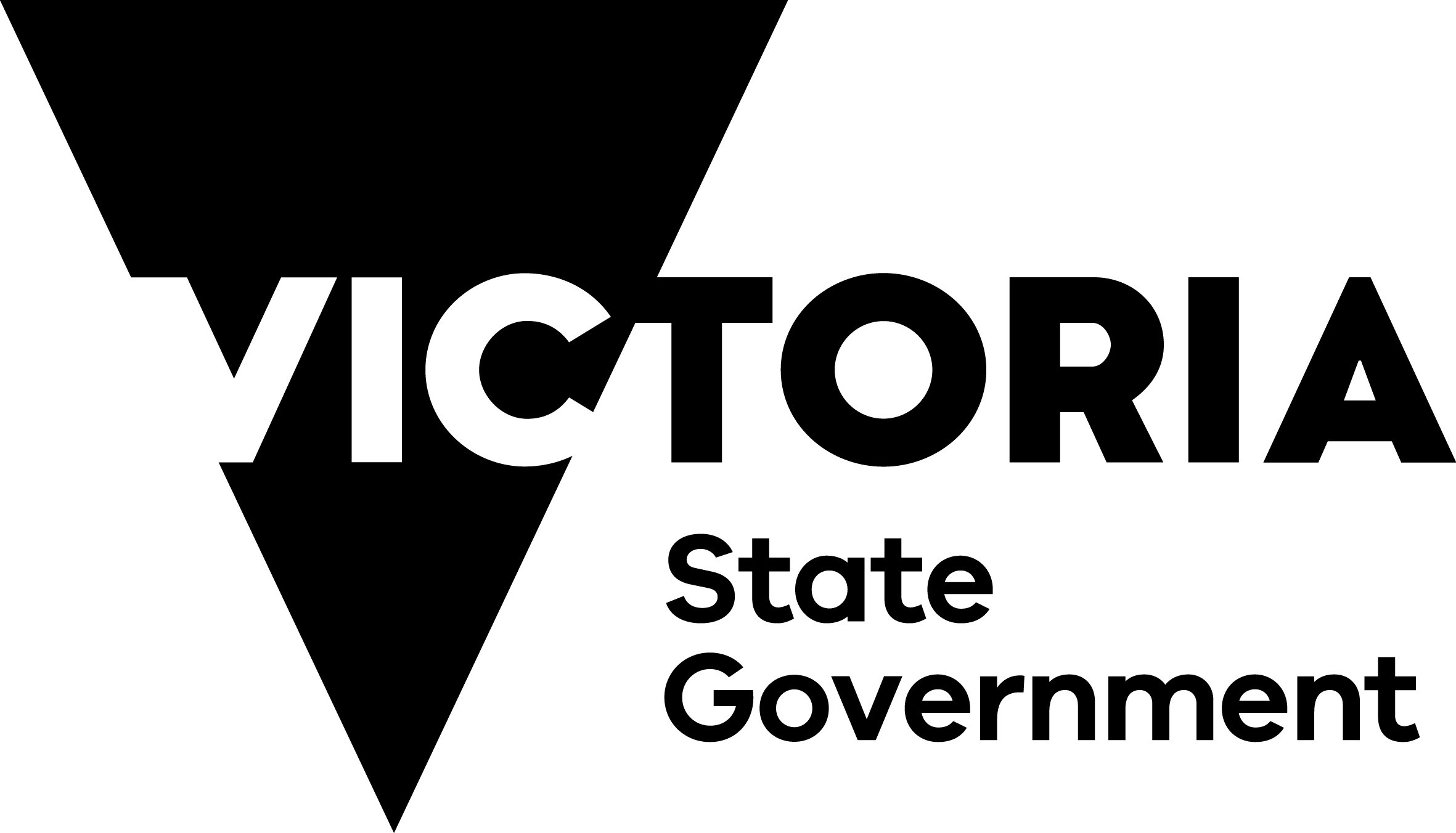October 18th, 2021More rental choices
The Victorian Government is continuing to ensure more people have the safety, security and stability of a home, thanks to new incentives for investors to build rental properties.
Eligible Build-to-Rent developments completed and operational between 1 January 2021 and 31 December 2031 will receive both the 50 per cent land tax discount and full exemption from the Absentee Owner Surcharge (AOS) for up to 30 years from 1 January 2022.
Originally announced to end in 2040, this support will now provide the certainty of a full 30-year concession to projects starting before 2032.
The Government announced a 50 per cent land tax discount from 1 January 2022 for eligible developments in the Victorian Budget 2020/21, encouraging more investment in the expanding sector.
Build-to-Rent provides a new approach to residential housing, where properties in a development are designed to be held for rental over the long term.
Following consultation with industry and relevant stakeholders, the Government is providing more certainty for eligible developments due to be completed before the 1 January 2022 commencement date, so shovel-ready projects can confidently begin as soon as possible.
The sector presents an opportunity to increase rental supply, improve the diversity of housing choice and mix, and provide more long-term rental options.
Improving access for renters is part of the Government’s ongoing work and investment to ensure everyone has a safe, secure place to call home. The $5.3 billion Big Housing Build will deliver 12,000 social and affordable homes over four years, creating more than 10,000 jobs in the process.
Treasurer Tim Pallas said the move would not only ensure Victorians have access to more rental homes and a greater range of housing options – it would create thousands of jobs as we rebuild from the coronavirus pandemic.
“Home has never felt as important as in the past 20 months and this initiative will ensure Victorians have access to safe and secure rental properties for a long time in the future.”










